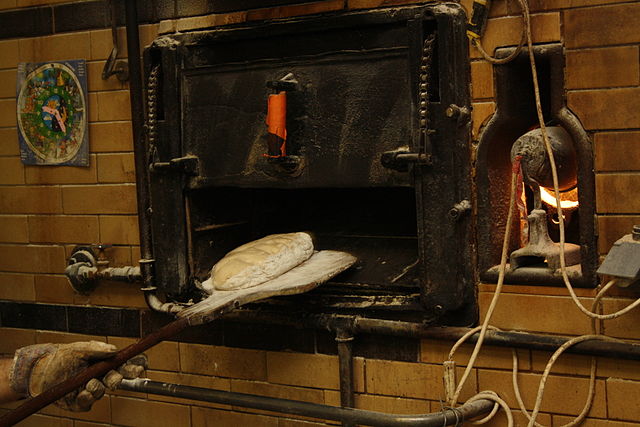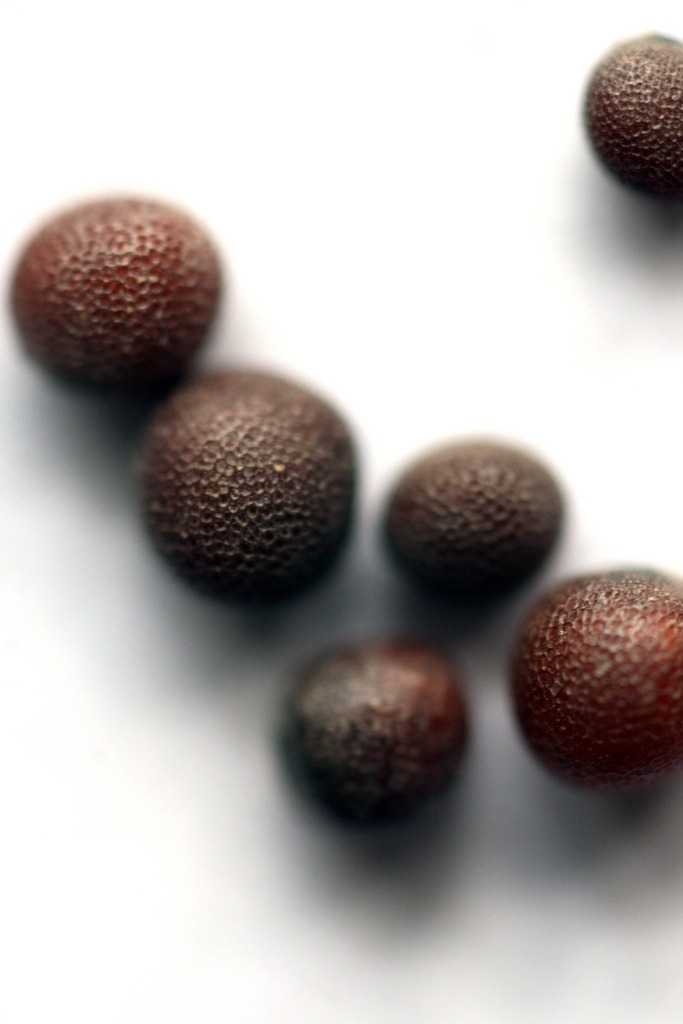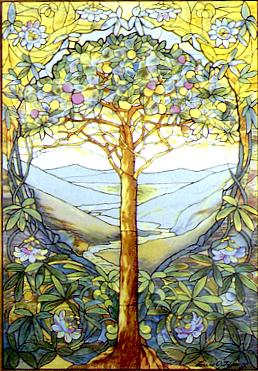by Lois Tverberg
“To what shall I compare the kingdom of God? It is like leaven, which a woman took and hid in three measures of flour until it was all leavened.” (Luke 13:20 – 21)
In this very short parable, Jesus compares the kingdom of God to leaven in a favorable way, describing how a very small beginning point can increase invisibly until it has had a powerful impact on the whole thing.
 It is interesting that he uses “leaven” in a positive way, when it is uniformly used negatively throughout the Bible. This may be because of how leavening was done in biblical times. To make bread dough rise, a lump of old, fermented dough from the day before would be mixed into the new lump of dough. This deliberate contamination was what caused the bread to rise. Outside of this parable, the image is always negative.
It is interesting that he uses “leaven” in a positive way, when it is uniformly used negatively throughout the Bible. This may be because of how leavening was done in biblical times. To make bread dough rise, a lump of old, fermented dough from the day before would be mixed into the new lump of dough. This deliberate contamination was what caused the bread to rise. Outside of this parable, the image is always negative.
Jesus inserts the detail that the kingdom is like “leaven, which a woman took and hid three seahs of flour.” A seah is a measure of about 6 liters, so three seahs would be 18 liters – almost 5 gallons in volume. This would be a large amount of flour, enough to make quite a feast. A small lump of leavened dough would have quite a powerful effect to be able to leaven all of that dough.
Interestingly, when Jesus speaks of the woman using three seahs of flower, He appears to be alluding to Genesis 18:6:
 “Abraham said to Sarah, ‘get three seahs of fine flour and knead it and bake some bread.”
“Abraham said to Sarah, ‘get three seahs of fine flour and knead it and bake some bread.”
The reference to “three seahs of flour” is unique to that particular story in the Old Testament about when God and his angels visiting Abraham and Sarah.
Jesus is most likely alluding to Sarah, who baked leavened bread and served it to these honored guests! By highlighting this unique detail, Jesus’ audience would have instantly remembered the well-known story about God coming to visit Abraham, the greatest hero of the Jewish people.
It appears that Jesus is using a rabbinic technique to “redeem” leaven in this case, hinting that Sarah used it in a good way when making a large batch of bread for their holy visitors. Probably no modern-day pastor would use such a subtle reference, but that technique is common in rabbinic teachings. References to Abraham and Sarah, some of the greatest heroes, were especially common.
Even though leaven is normally used negatively to describe contamination, as hypocrisy had infiltrated the Pharisees, we see here that Jesus is saying that it can have a positive side too. It shows us that God has the power to “contaminate” our evil world as leaven affects the whole loaf. He can stand back and watch as the tiniest numbers of people, can by his power, spread this “contamination” throughout the whole world.
Photo: Chmee2

 “What is the kingdom of God like? What shall I compare it to? It is like a mustard seed, which a man took and planted in his garden. It grew and became a tree, and the birds of the air perched in its branches.” Luke 13:18-19
“What is the kingdom of God like? What shall I compare it to? It is like a mustard seed, which a man took and planted in his garden. It grew and became a tree, and the birds of the air perched in its branches.” Luke 13:18-19
